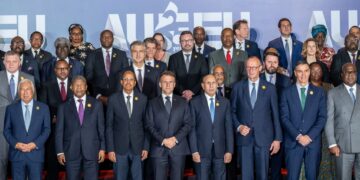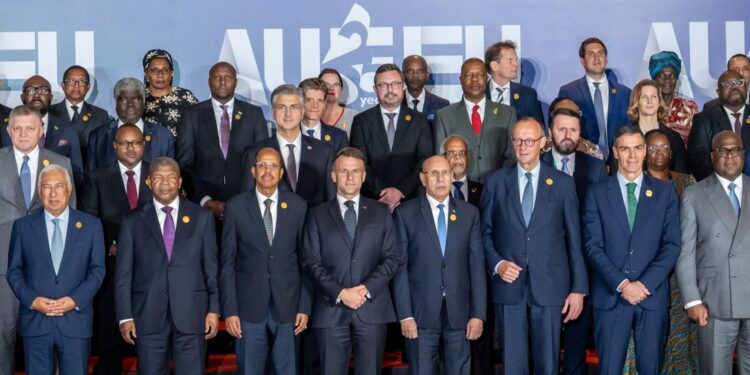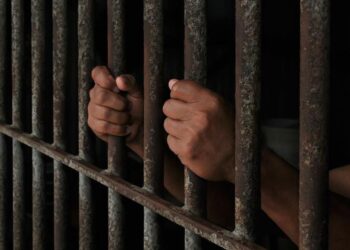By Enyichukwu Enemanna
The European Union and African Union have agreed to strengthen trade partnership and develop an enhanced approach towards tackling irregular migration.
At a 2-day summit on Tuesday in Angola aimed at boosting ties between the two continents, leaders of the blocs produced a wide-ranging declaration that align with Europe’s desire to secure critical minerals and Africa’s quest for jobs and economic growth.
“Africa is rich in natural resources. Resources that are essential for the dual energy and digital transition,” European Council President Antonio Costa said in his closing remarks at the European Union-African Union summit.
“But its greatest wealth… is its human capital and its youth,” he told delegates, adding it was key to develop “value chains” that supported employment on the continent.
Africa has emerged as a battleground for its critical minerals and energy potential, with China, the United States and Russia also seeking to foster stronger ties.
Germany’s Friedrich Merz, Poland’s Donald Tusk, and Spain’s Pedro Sanchez were among about a dozen EU leaders who attended the summit, where analysts said a good showing was crucial to signal Brussels meant business.
Africa was represented by the likes of South Africa’s Cyril Ramaphosa, Kenya’s William Ruto and Djibouti’s Ismail Omar Guelleh.
EU leaders such as Merz, France’s Emmanuel Macron, Italy’s Giorgia Meloni and European Commission President Ursula von der Leyen left on Monday, skipping the last day.
“The summit has been mostly perfunctory”, with “many statements that Africa-Europe partnership is in the highest priority”, said Alex Vines of the European Council on Foreign Relations.
“The focus on Ukraine by Europeans is a reminder that it is not,” he said.
Marking 25 years of EU-AU relations, the summit came on the heels of a G20 meeting in South Africa where a US boycott underscored geopolitical fractures.
These were pointed at in a 10-page joint declaration that decried “increasing uncertainty in trade policies and tariff volatility” as “a challenge for the world economy”.
With both sides hit by US tariffs and Europe seeking to reduce its dependency on China for rare earths, leaders committed to strengthen trade and diversify and secure global supply chains, with a specific reference to “strategic and critical minerals.”
African nations clamouring for investments that generate local value and not just resource extraction won a pledge from Europe to support them to “develop, industrialise, diversify exports, and integrate into regional markets”.
Host Angola is home to one of the EU’s signature undertakings: the Lobito corridor, a railway project funded in partnership with the United States to connect mineral-rich areas of the Democratic Republic of Congo and Zambia to the Atlantic coast.
“We now have something very concrete to offer. That’s what we lacked in the past,” European Parliament Vice-President Younous Omarjee said.
Europe was also promised help in tackling irregular migration and improving the return of failed asylum seekers to their country of origin.
The AU and EU unilaterally called for an immediate cessation of hostilities in Sudan, condemning “the atrocities committed in El-Fasher”, the town recently seized by the paramilitary Rapid Support Forces.




































